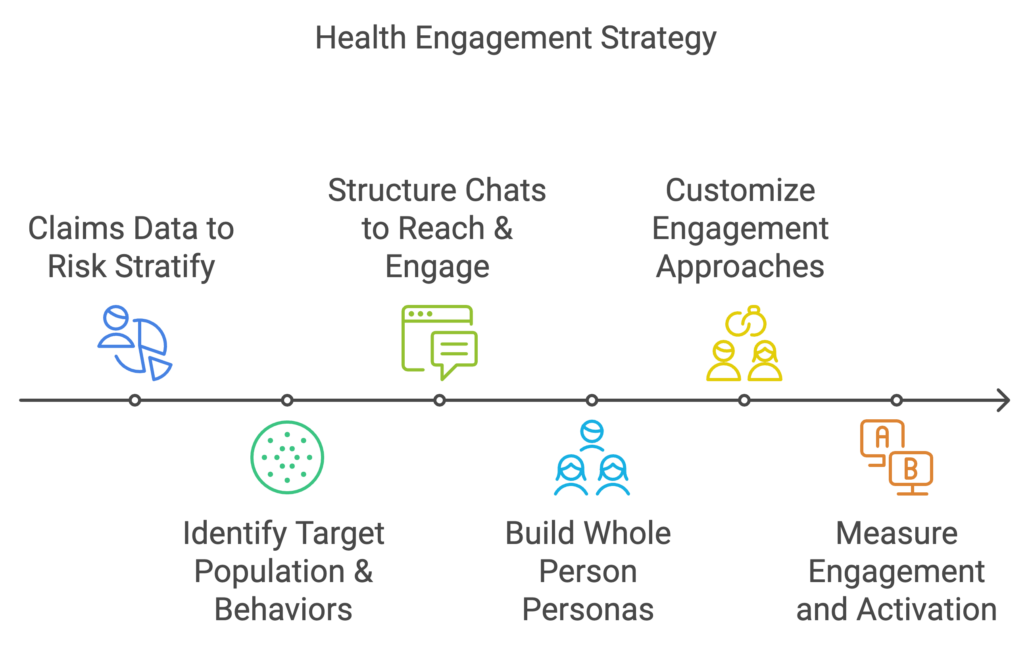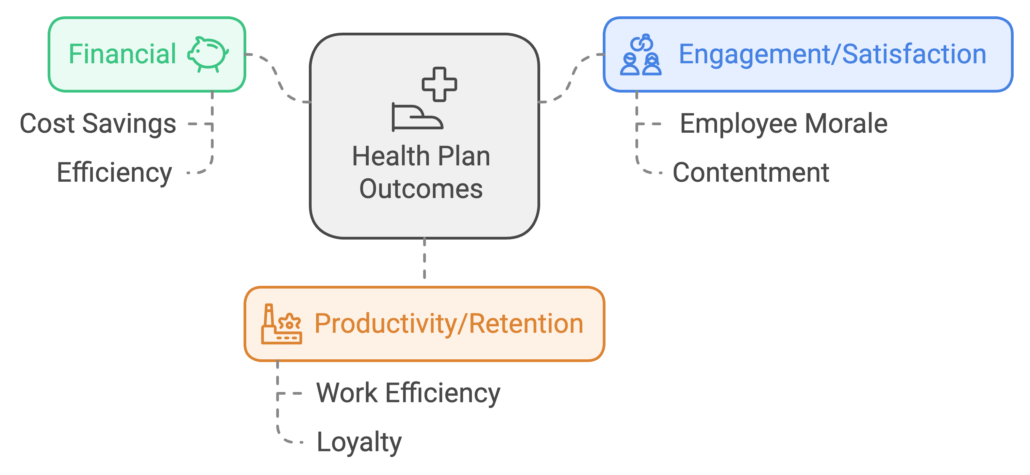Behavioral science is instrumental in enhancing patient outcomes and lowering healthcare costs by examining and influencing the behaviors that impact health. Here’s how it contributes:
- Promoting Positive Health Behaviors: Behavior science driven methodologies can identify factors that motivate individuals to adopt healthier lifestyles. By understanding these motivators, interventions are tailored that nudge participants to make small changes in daily behavior that have had a negative effect on their health. These could include regular exercise, making better food choices, getting sufficient sleep and/or strengthening emotional control.
- Enhancing Medication Adherence: Non-adherence to medication regimens is a significant barrier to effective treatment. Behavioral strategies, such as simplifying dosing schedules, providing reminders, or using motivational interviewing, can improve adherence, leading to better health outcomes and reduced need for additional treatments.
- Personalizing Patient Care: By applying behavioral insights, care plans can be tailored to individual patient needs, preferences, and circumstances. Personalized care increases patient engagement and compliance, resulting in more effective self care from home
- Reducing Hospital Readmissions: Behavioral interventions can address issues that commonly lead to readmissions, such as misunderstandings about discharge instructions or failure to follow post-care plans. Educating patients and monitoring discharge plan compliance can help them manage their conditions at home, reducing the likelihood of readmission.
- Improving Patient Engagement and Satisfaction: Techniques from behavioral science can help patients feel heard and valued. Increased satisfaction often leads to better cooperation with medical advice and continued use of preventative services.
- Implementing Preventative Care Strategies: Behavioral science promotes early detection and prevention by encouraging regular screenings and check-ups. Preventative care can catch health issues before they become severe, reducing the need for costly treatments down the line.
- Utilizing Technology for Behavior Change: Integrating behavioral science with technology—such as smart phones and wearable devices can provide real-time feedback and support to participants and care teams. These tools can track progress, set goals, and offer rewards, making it easier and more fun for patients to maintain healthy behaviors.
- Addressing Emotional Health Needs: Behavioral science is crucial in recognizing and treating emotional health conditions such as anxiety and depression, which can affect physical health. Effective behavioral therapies can improve emotional states and sense of well-being, leading to better health outcomes.
Conclusion
Integrating behavioral science into care management processes can lead to better health outcomes. This not only enhances the quality of care but also significantly reduces healthcare costs by preventing illnesses, improving treatment adherence, and minimizing the need for expensive medical interventions.












